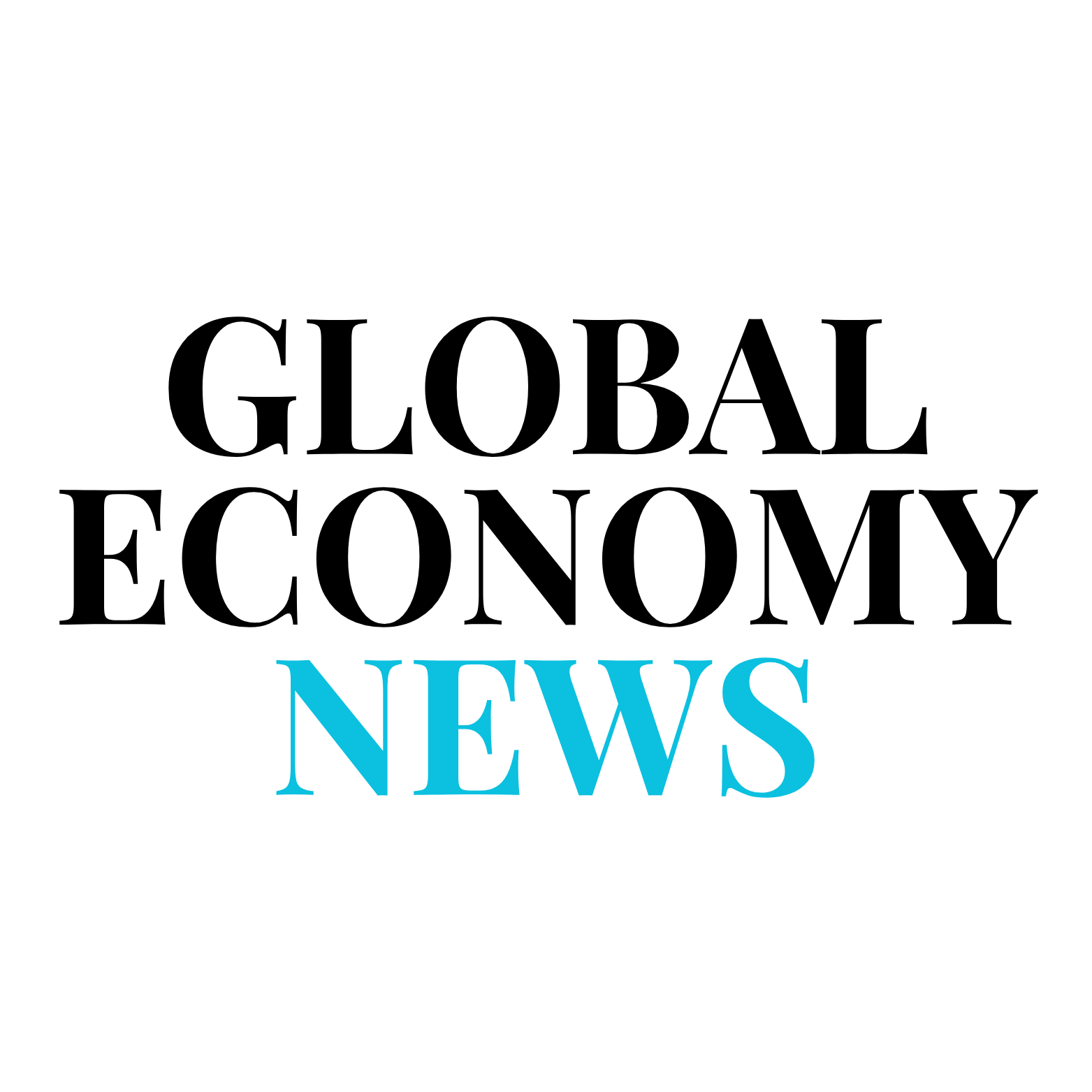Eurozone News
LAST UPDATE: May 16, 2025
ECB Now ‘Relatively Close’ to Terminal Rate, Kazaks Tells CNBC
Bloomberg
ECB Governing Council member Martins Kazaks stated that euro-zone borrowing costs are nearing their terminal rate, assuming inflation remains within range. This suggests limited scope for further rate cuts.
Insight
The ECB's proximity to its terminal rate indicates a shift towards policy normalization. This stance reflects confidence in the euro area's economic resilience and a focus on maintaining price stability amid external uncertainties.
ECB’s Villeroy Doesn’t Reckon the World Is in a Currency War
Bloomberg
ECB Governing Council member Francois Villeroy de Galhau dismissed the notion of a current currency war, attributing recent currency fluctuations to revised economic forecasts rather than deliberate competitive devaluations.
Insight
Villeroy's comments aim to reassure markets about the ECB's commitment to stable exchange rates. By downplaying fears of a currency war, the ECB seeks to maintain investor confidence and avoid unnecessary volatility in currency markets.
French Economy to Grow Only Slightly This Quarter, Central Bank Says
Bloomberg
The Bank of France projects only slight economic growth in the second quarter, attributing the sluggish pace to a series of public holidays in May and international trade tensions. While services and industrial sectors show moderate activity, construction and energy sectors are losing momentum.
Insight
The modest growth forecast reflects underlying economic uncertainties and external pressures, emphasizing the need for strategic policy measures to bolster economic resilience.
PM seeks win as Portugal ends election campaigning
AFP
Prime Minister Luís Montenegro's center-right Democratic Alliance (AD) is leading in polls ahead of Portugal's general election, but a stable majority remains uncertain. The far-right Chega party is also gaining significant support.
Insight
The rise of Chega indicates a shift in Portugal's political landscape, potentially complicating coalition-building and signaling a move away from traditional two-party dominance.

